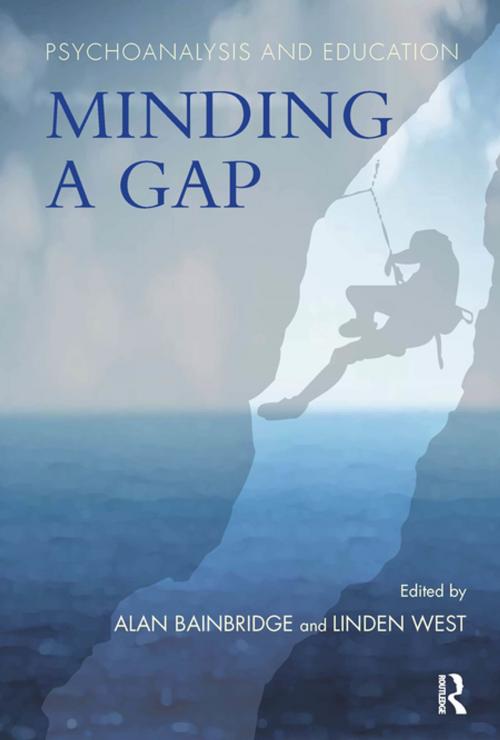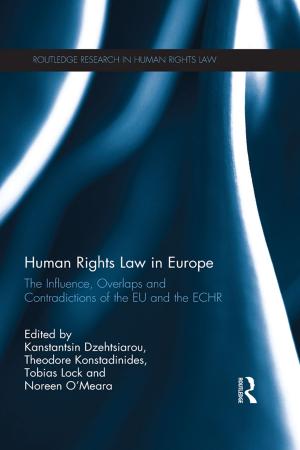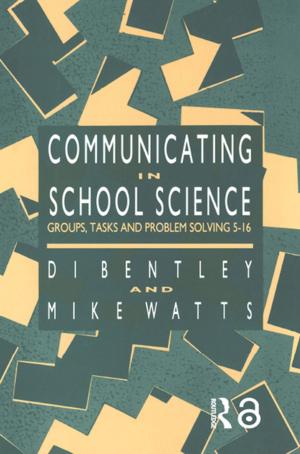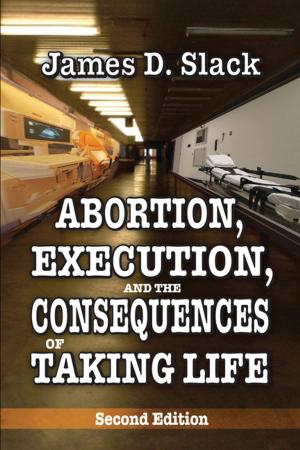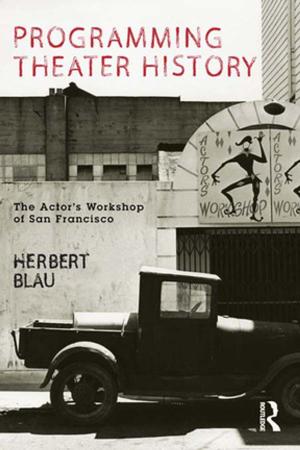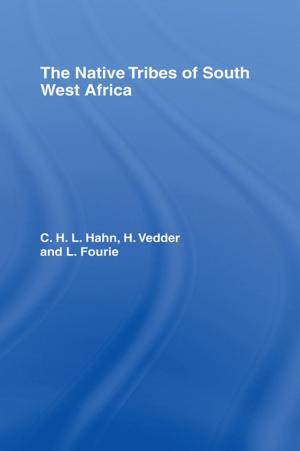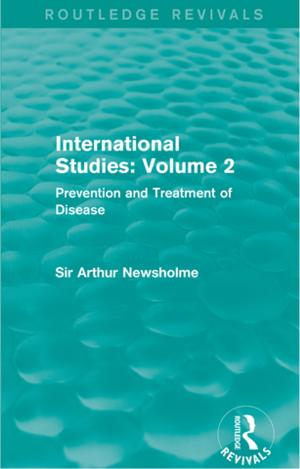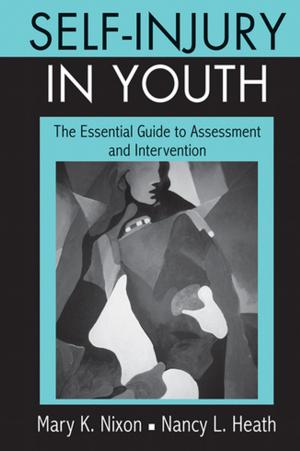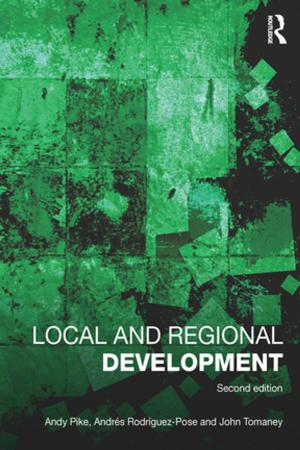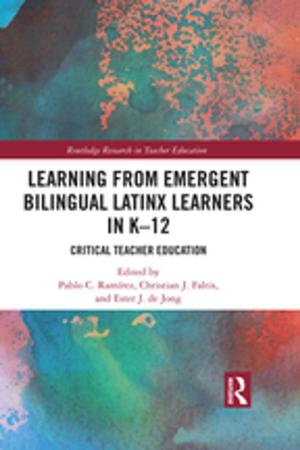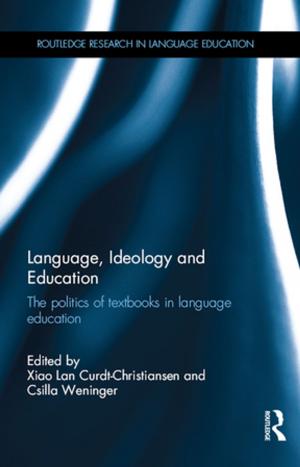Psychoanalysis and Education
Minding a Gap
Nonfiction, Health & Well Being, Psychology, Mental Health| Author: | ISBN: | 9780429917691 | |
| Publisher: | Taylor and Francis | Publication: | March 22, 2018 |
| Imprint: | Routledge | Language: | English |
| Author: | |
| ISBN: | 9780429917691 |
| Publisher: | Taylor and Francis |
| Publication: | March 22, 2018 |
| Imprint: | Routledge |
| Language: | English |
This book provides a unique and highly topical application of psychoanalytic theory to the broad context of education, including schools, universities, and adult learning. Education is understood as a crucial element in a lifelong project to gain more coherent and meaningful understanding of self and others. Psychoanalysis has taken the contingency, construction, and development of human subjectivity, as well as the difficulty of thinking, to be its prime preoccupation. Yet - at a time of increasing doubt and anxiety about the purposes and practice of education - psychoanalytic understanding, from various traditions, has never been more marginal in educational debate. The book seeks, in these terms, to bridge some of this gap: it is written for teachers, trainers, policy-makers, clinicians, researchers, and diverse academics who want to look beyond bland superficialities to deeper struggles for self and understanding. This includes unconscious processes in the relationships that constitue education as well as resistance to new ideas and practices.
This book provides a unique and highly topical application of psychoanalytic theory to the broad context of education, including schools, universities, and adult learning. Education is understood as a crucial element in a lifelong project to gain more coherent and meaningful understanding of self and others. Psychoanalysis has taken the contingency, construction, and development of human subjectivity, as well as the difficulty of thinking, to be its prime preoccupation. Yet - at a time of increasing doubt and anxiety about the purposes and practice of education - psychoanalytic understanding, from various traditions, has never been more marginal in educational debate. The book seeks, in these terms, to bridge some of this gap: it is written for teachers, trainers, policy-makers, clinicians, researchers, and diverse academics who want to look beyond bland superficialities to deeper struggles for self and understanding. This includes unconscious processes in the relationships that constitue education as well as resistance to new ideas and practices.
